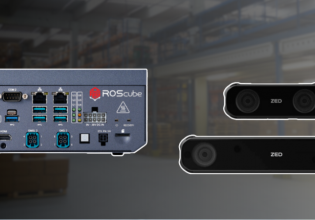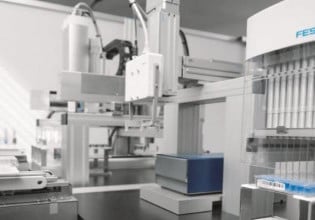A
Alfonso Padilla
Allen, This issue sound me also like Napster or even worse: like the atomic bomb. It depends who has it (do you trust Saddam?) and what it’s used for, for good or for wrong and who can be harmed (potentially or in fact). Just to have another angle of this issue: As a system integrator we were awarded by customer Z to develop a system to automate a piece of machinery. Our scope of supply comprised both Nuts & Bolts and PLC programming. The system really worked fine. The code was left unprotected and proprietorship rights were somehow transferred to Z. Some time later customer Z, purchased a similar used piece of machinery from a broken competitor and opened a bid to quote for the new project. That lead to an Order placement to another company (System integrator?), who offered a much lower price than ours. They just copied our scheme and cloned our code !!. Of course we filed a suit but..... If we had lock-protected it, they maybe had to develop a new one and comeptition would be fair, except if customer Z had “proven” they owned the code (and as I said, they somehow did) to somebody having a wand to overcome such protection ( Hi, Allen ! ) and hand it under the table. Some times customers behave unethically like this to cut costs. I think your dilemma of giving out or not your method is like trying to play God's role becoming a judge on issues and situations that maybe are out of one’s reach. Being in your shoes I’ll rather keep this ‘wand’ securely or I’d even get rid of it, to avoid harm to those fair players in this ‘Integrators community’. Hopefuly it will take some time until somebody makes this or some other method publicly available. As a last thought, I belive code lock protection is also related to marketability of the application, that’s why OEM protect their codes, besides other issues such as warranty and security. Don’t screw them !






